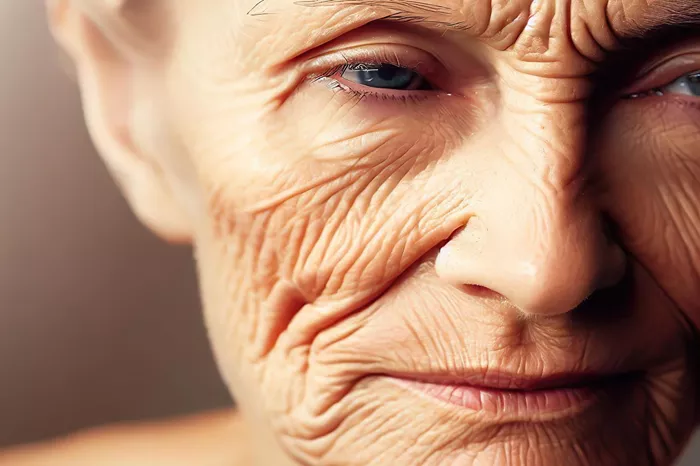A recent study has utilized the Cutometer to examine skin elasticity in a sample of Chinese women, aiming to enhance product development in the anti-aging skincare industry. The Cutometer, an internationally recognized device, is instrumental in assessing skin elasticity and offering valuable data for cosmetic research. However, previous studies have shown inconsistencies, and few have focused on Chinese women.
The study involved 60 healthy Chinese female volunteers, ranging in age from 18 to 70, with an average age of 41.2 years. Researchers used the Cutometer Dual MPA580 to measure skin elasticity at the cheekbone area. The findings revealed a generally negative correlation between age and skin elasticity, with certain parameters, particularly the R7 value, strongly associated with skin aging.
Notably, the study’s results challenge traditional interpretations of skin firmness, especially concerning the RO and F4 values. Typically, a decrease in these values indicates firmer skin, but the study found that these parameters exhibited negative correlations with age, contradicting the conventional view that a reduction in R0 or F4 after 28 days of product use signifies an improvement in skin firmness.
The researchers urge further studies, recommending larger and more diverse sample groups to improve understanding of skin elasticity across different ethnicities and genders. Their findings underscore the importance of refining the parameters used in assessing skin aging and product efficacy, contributing to the development of more effective anti-aging treatments.
These insights are expected to have a significant impact on the skincare industry, offering a more nuanced approach to evaluating and improving anti-aging products.
Related topic:
Jung Ji-woo Launches Neaf Neaf Skincare Brand in Delhi
Parallel Health Launches Peptide Cream as Botox Alternative
Diljit Dosanjh Shouts Out to Deepika Padukone’s Skincare Brand

